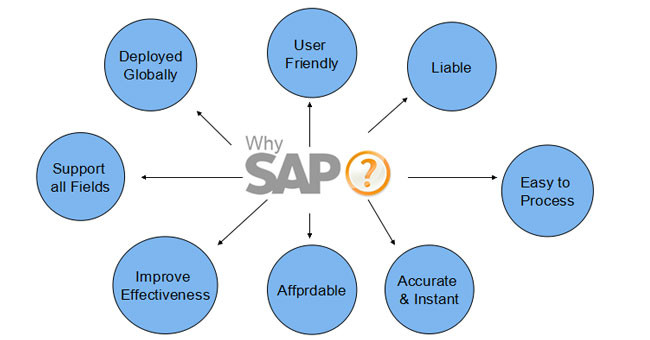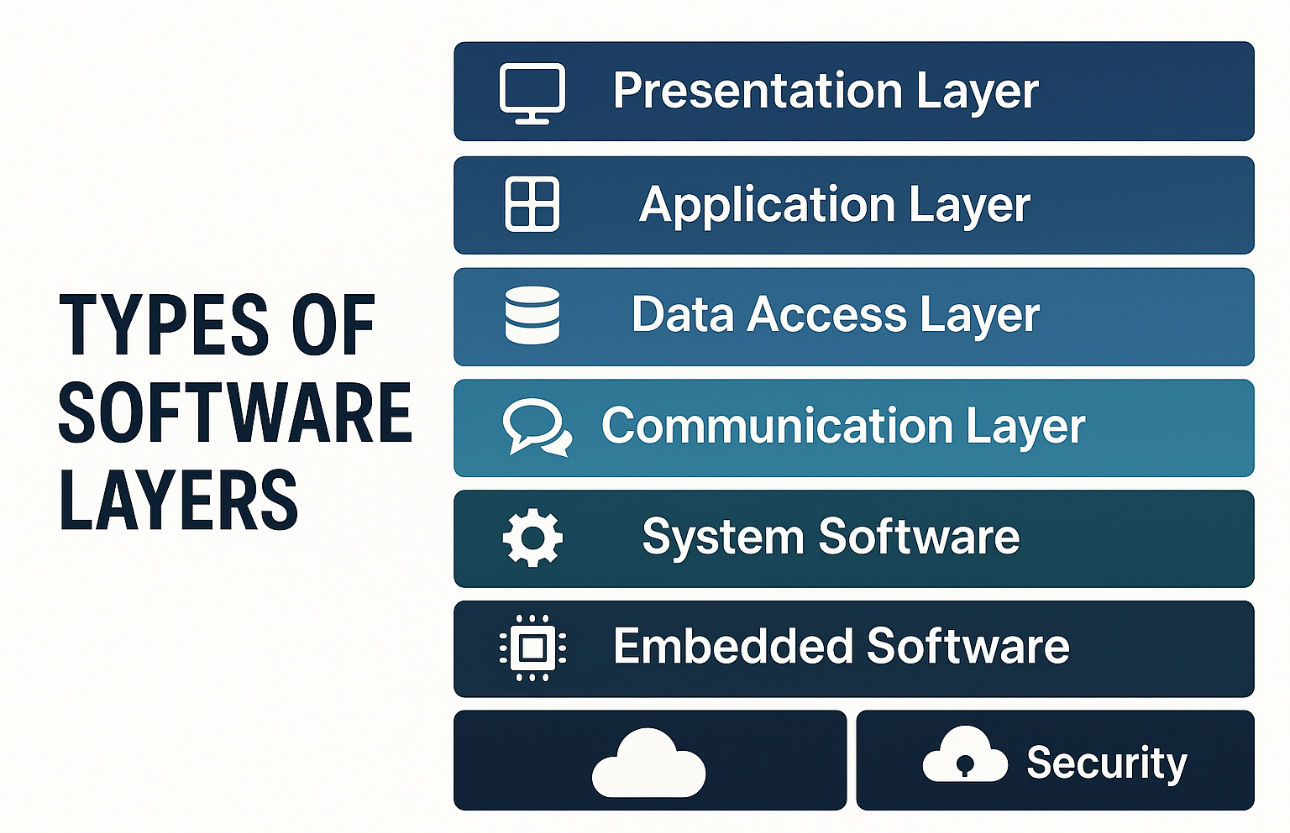
Introduction
- Setting the Stage: An exploration of the evolving landscape of DevOps and the increasing demand for scalable, agile infrastructure.
- Enter Kubernetes: Introduce Kubernetes as a pivotal technology that has reshaped DevOps practices, democratising container management at scale.
History of Kubernetes
- In the early 2000s, Google needed a way to get the best performance out of its virtual server to support its growing infrastructure and provide a public cloud platform. This led to Borg, the first unified container management system. Developed in 2003-2004, the Borg system is named after the group of aliens from Star Trek – the Borg – cybernetic organisms that function by sharing a bee mind (collective consciousness) called the Collective.
- The Borg name was a good fit for Google’s project. Borg’s large-scale operating system essentially acts as a central server to run containerized workloads in its data centers. Designed to work with the Google search engine, it was used to create Google Internet services such as Gmail, Google Docs, Google Search, Google Maps, and YouTube. Borg allowed Google to run hundreds of thousands of jobs from many different applications on many machines. This allowed Google to achieve high resource utilization, fault tolerance and scalability for large workloads.
- Borg continues to be used at Google as the company’s primary internal container management system. In 2013, Google introduced Omega, a second-generation content management system. Omega advanced the Borg ecosystem by providing a flexible, scalable scheduling solution for large computer clusters. Also in 2013, Docker, a key player in the history of Kubernetes, came into the picture.
How Kubernetes Makes It Easier for DevOps
- Automation: How Kubernetes helps automate deployment, scaling, and management tasks, saving time and increasing efficiency.
- Declarative Model: How Kubernetes’ declarative model improves the stability and reliability of container management.
- Portability: How Kubernetes enables DevOps teams to manage containers across multiple cloud environments without being tied to a single provider.
Streamlining with Automation
- Mind the Gap: Delve into the impact of Kubernetes in automating recurring DevOps workflows, alleviating the burden of manual configuration and scaling tasks.
- The Declarative Approach: Highlight how Kubernetes’ ability to define and maintain application state declaratively enhances the efficiency and reliability of DevOps operations.
Scaling Heights: Sustainability and Adaptability
- Riding the Waves: Explore Kubernetes’ role in facilitating seamless scalability, aiding DevOps teams in managing sudden traffic spikes and fortifying applications’ availability.
- Built to Last: Emphasize Kubernetes’ self-healing capabilities, equipped to swiftly respond to failures and sustain optimal performance.
Navigating the Cloudscape: Portability in Practice
- Redefining Paradigms: Examine Kubernetes’ influence on enabling DevOps strategies, particularly in multi-cloud or hybrid cloud environments.
- Fostering Flexibility: Illustrate how Kubernetes’ portability empowers DevOps practitioners to embrace diverse infrastructure options without the shackles of provider lock-in.
Conclusion
Kubernetes is Here to Stay: Remind readers of Kubernetes’ importance and that it’s worth learning about for the present and future of DevOps operations.
Final Thoughts
This approach aims to present the transformative impact of Kubernetes in the DevOps landscape in a relatable and engaging manner, ensuring that readers gain a comprehensive perspective while staying connected to the human narrative woven throughout the content.
Related Posts
Empowering Business Analysts: How AI is Revolutionizing Agile Practices
In today's fast-paced digital landscape, Agile methodologies are no longer optional— they're essential for organizations…
What is SAP? How does it work?
The full form of "SAP" is “Systems Applications and Products in Data Processing” which is…
Optimizing React Performance: An Advanced Guide for Scalable Applications
In today’s fast-paced digital ecosystem, software systems have become the backbone of every enterprise’s technological…
Types of Software Layers
In today’s fast-paced digital ecosystem, software systems have become the backbone of every enterprise’s technological…


















